Small dairies sue Oregon over new rules they say could put them out of business
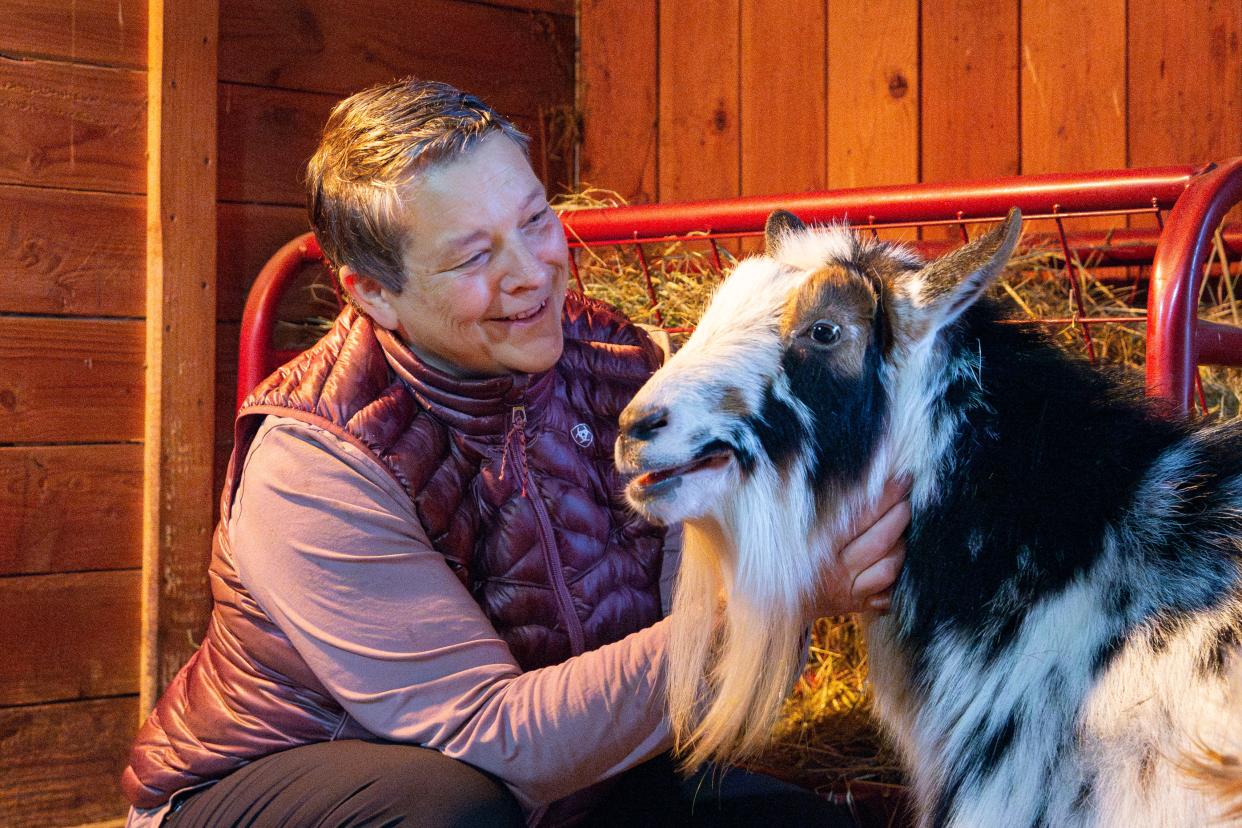
Twice a day, Waneva LaVelle brings her three miniature dairy goats into her barn for milking. The rest of the time they’re free to roam her 17-acre farm in Hubbard, in north Marion County.
LaVelle ends up with about two gallons of milk per day. She sells a quarter of that to regular customers who come to the farm, and uses the rest to make soaps and lotions, which she sells at nearby country stores.
“I am basically your small family farm,” LaVelle told the Statesman Journal.
But LaVelle fears a new interpretation of existing state rules may soon put her out of business.
Last year, the Oregon Department of Agriculture changed its definition of a confined animal feeding operation, or CAFO, to include small dairy operations like LaVelle’s. That means she and other small dairy operators soon will be subject to permitting regulations.
Even if animals spend most of their time outside, “all animals are technically confined during the milking process, whether in pens, lots or buildings,” ODA wrote in a January 2023 white paper on the issue.
ODA documents show the change came at the request of the Oregon dairy industry, which complained that small producers get an unfair financial advantage by not having to comply with the same rules as larger dairies.
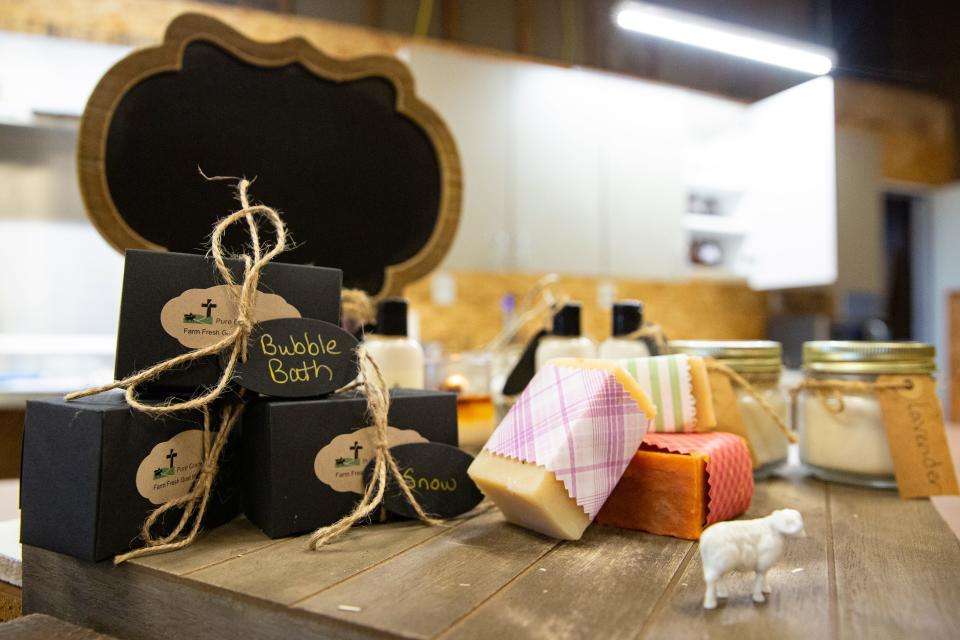
The change means LaVelle soon will have to apply for a permit and renew it yearly, pay fees to the state, undergo regular ODA inspections, install wastewater drainage and holding systems, and keep meticulous records about how much manure her animals produce and where it ends up.
“I never thought my handful of goats would qualify as a CAFO,” LaVelle said, “It could be thousands of dollars to put in a system like that.”
On Jan. 24, LaVelle and three other small dairy farmers in Oregon filed a lawsuit in U.S. District Court, asking a judge to stop ODA from enforcing the rule against small dairies.
“The state cannot saddle small dairies with needless regulations simply to please the big dairy industry,” said Ari Bargil, senior attorney for the nonprofit Institute of Justice, which is backing the lawsuit.
“Small dairies are practicing agriculture in the way humans have done for thousands of years,” Bargil said. “Rather than encourage sustainable and safe farming, the Oregon Department of Agriculture could put small dairies across the state out of business.”
ODA officials did not respond to the Statesman Journal’s questions about the new rule interpretation or the lawsuit.
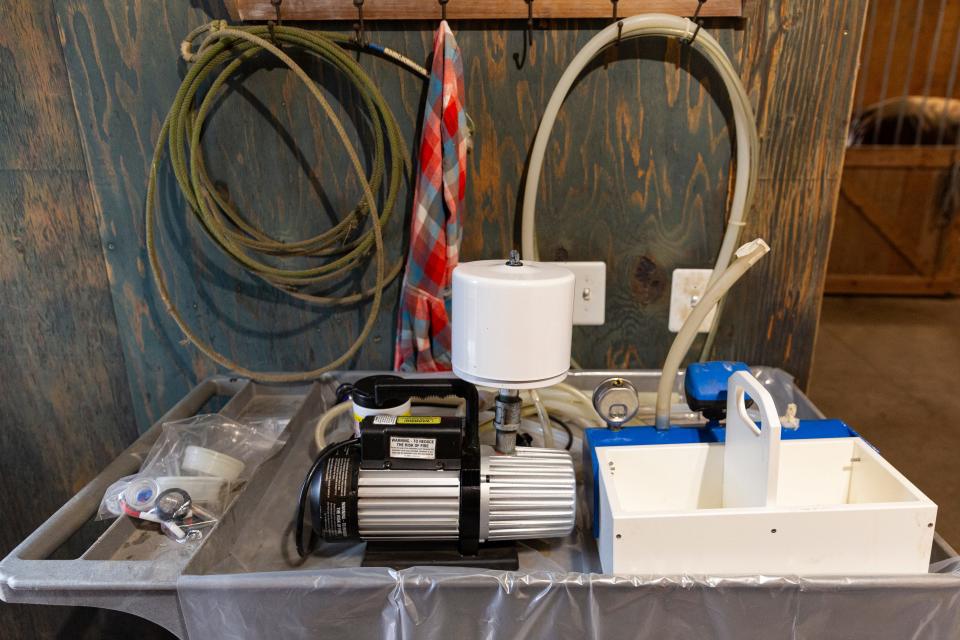
ODA move follows bill that would expand raw milk sales
In late 2022, Friends of Family Farmers, a nonprofit that promotes small-scale agriculture, campaigned for legislation that would scale back regulations restricting raw-milk sales from small farms.
Raw milk can be bought in retail stores in Washington, California and Idaho. Oregon allows it to be bought only on farms.
House Bill 2616 would have allowed sales to take place off-farm, either at farmers markets or through a delivery service. The bill died in committee.
“We urge the committee to carefully consider the lack of oversight and regulation of raw milk,” Tami Kerr, executive director of the Oregon Dairy Farmers Association, told a legislative committee in January 2023. Kerr did not respond to the Statesman Journal’s request for comment.
That same month, state agriculture officials released their white paper saying most raw milk dairies in Oregon would soon need to register as CAFOs.
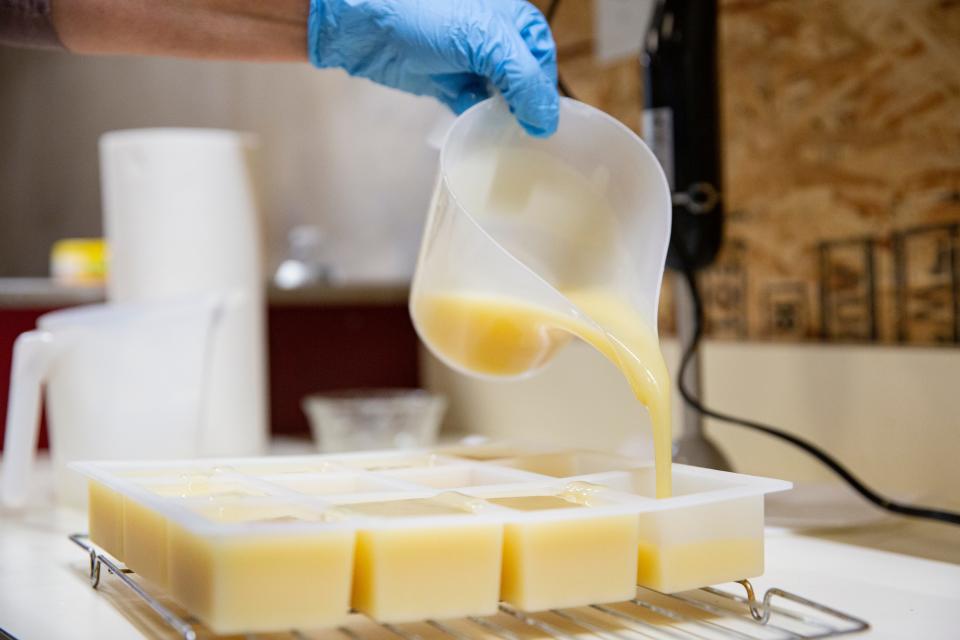
Farms with no more than two producing cows or nine producing goats or sheep are exempt from Oregon’s food safety and fluid milk license requirements. Most of those farms previously didn’t need to comply with Oregon’s CAFO rules, because they don’t confine their animals.
In the white paper, ODA argued the act of bringing animals indoors for milking, even if it’s only for a few minutes, means they meet the CAFO definition.
It also said that cleaning milking equipment or washing containers means farms operate CAFOs.
“CAFO permit registrations are important for three reasons,” the white paper reads. “First, to prevent water pollution. Second, to comply with the federal and state law. Third, to maintain a level playing field with all dairies holding Grade A fluid milk licenses that bear the costs of compliance with water quality regulations.”
Bobbi Taylor, one of the attorneys filling the lawsuit, said she’s not aware of any other state taking a similar approach to regulating small dairies.
The rule reinterpretation applies only to animals that are milked.
LaVelle, for example, also boards horses indoors, just got a miniature Highland cow and has six additional goats that she is not milking. Although they produce significantly more waste than the dairy goats, they do not require her to get a CAFO permit.
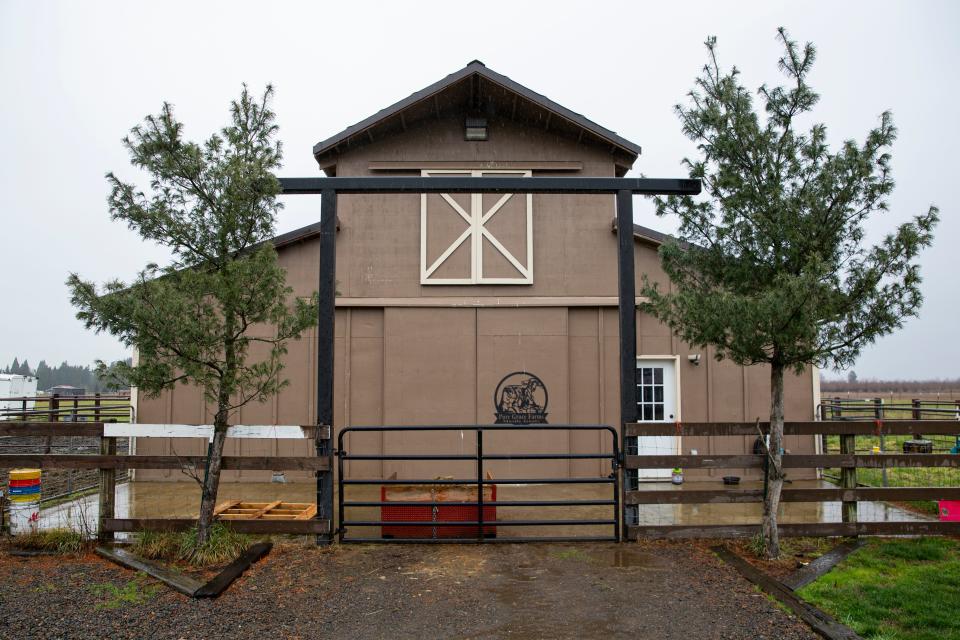
In early 2023, ODA kicked off a new Raw Milk Dairies Outreach and Education Program to help existing and planned raw milk dairies apply for CAFO permits.
ODA officials have spent the past year trying to educate small dairies about the change, and will begin enforcing the rule on April 1.
Operating without a CAFO permit can bring fines of up to $2,500 for a first offense and up to $10,000 for repeat violations. The fines can be assessed daily.
“This whole area of Marion County, Clackamas County has so many little farms. No one even knows what’s going on. A 4-H kid may have one goat they’re raising for the fair. If they milk it, they can get in trouble,” LaVelle said. “To put that burden on family farms, it’s just not fair.”
Lawsuit against Oregon Department of Agriculture seeks injunction
The lawsuit seeks to stop ODA from enforcing the regulation against small dairies and have it declared unconstitutional.
Applying the CAFO regulations to small dairies at the prompting of their competitors violates the 14th Amendment to the U.S. Constitution, the Institute of Justice said.
The lawsuit also argues that small operations like LaVelle’s have no adverse impact on the state’s environment, soil or groundwater.
La Velle’s three milking goats are out at pasture most of the time, where their manure is absorbed by the earth. Any waste produced in the barn is collected and dispersed in the fields, where it acts as fertilizer, the lawsuit says.
After each milking, LaVelle creates about a gallon of wastewater while cleaning her milking equipment with hot soapy water. That water runs from her utility sink into her residential septic system.
“With 17 total acres there is simply no need to collect and store waste as if Waneva had hundreds or thousands of goats,” the lawsuit reads.
Tracy Loew covers the environment at the Statesman Journal. Send comments, questions and tips: tloew@statesmanjournal.com or 503-399-6779. Follow her on Twitter at @Tracy_Loew
This article originally appeared on Salem Statesman Journal: Small Oregon dairies sue over rules they say could close them

